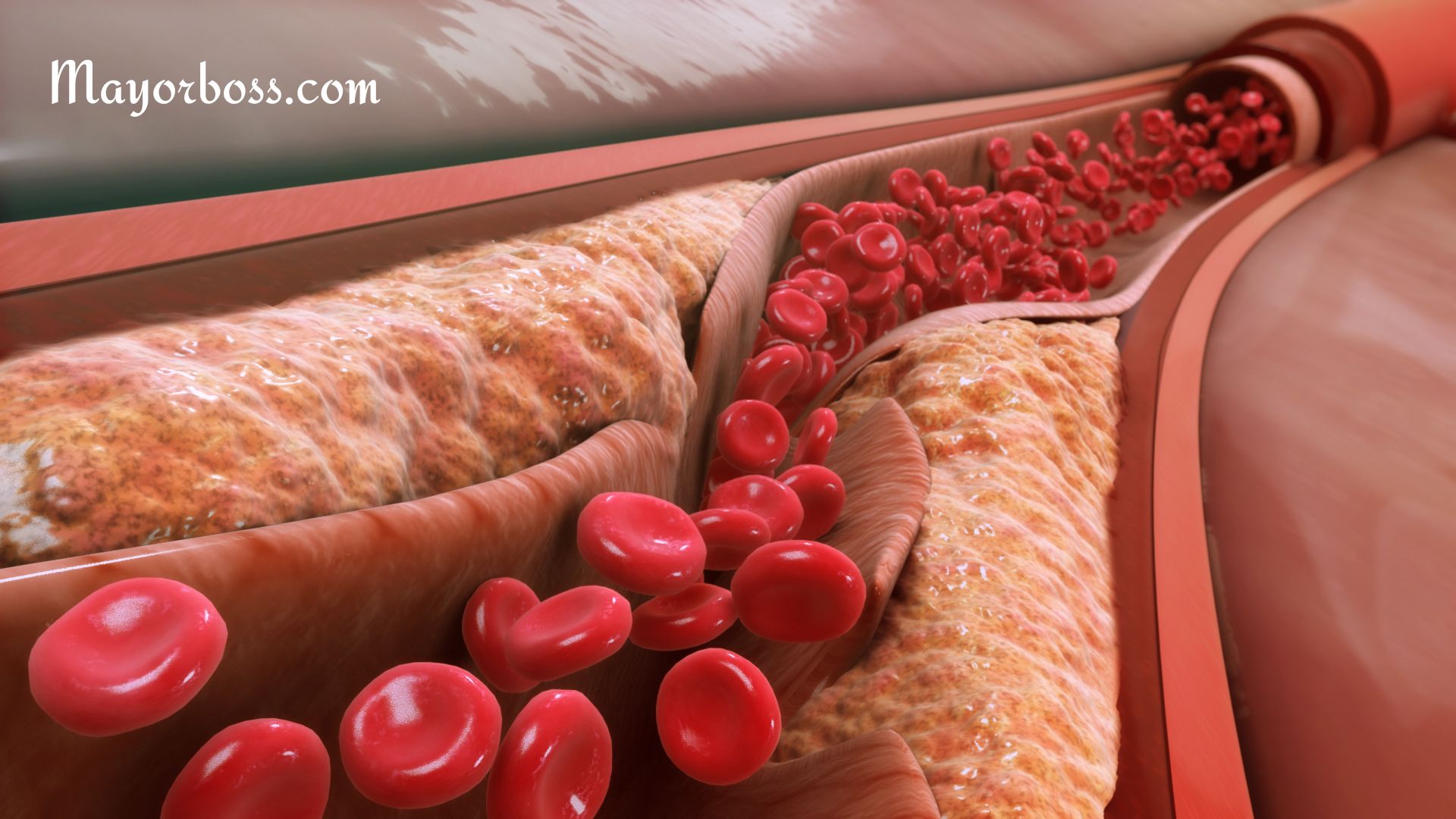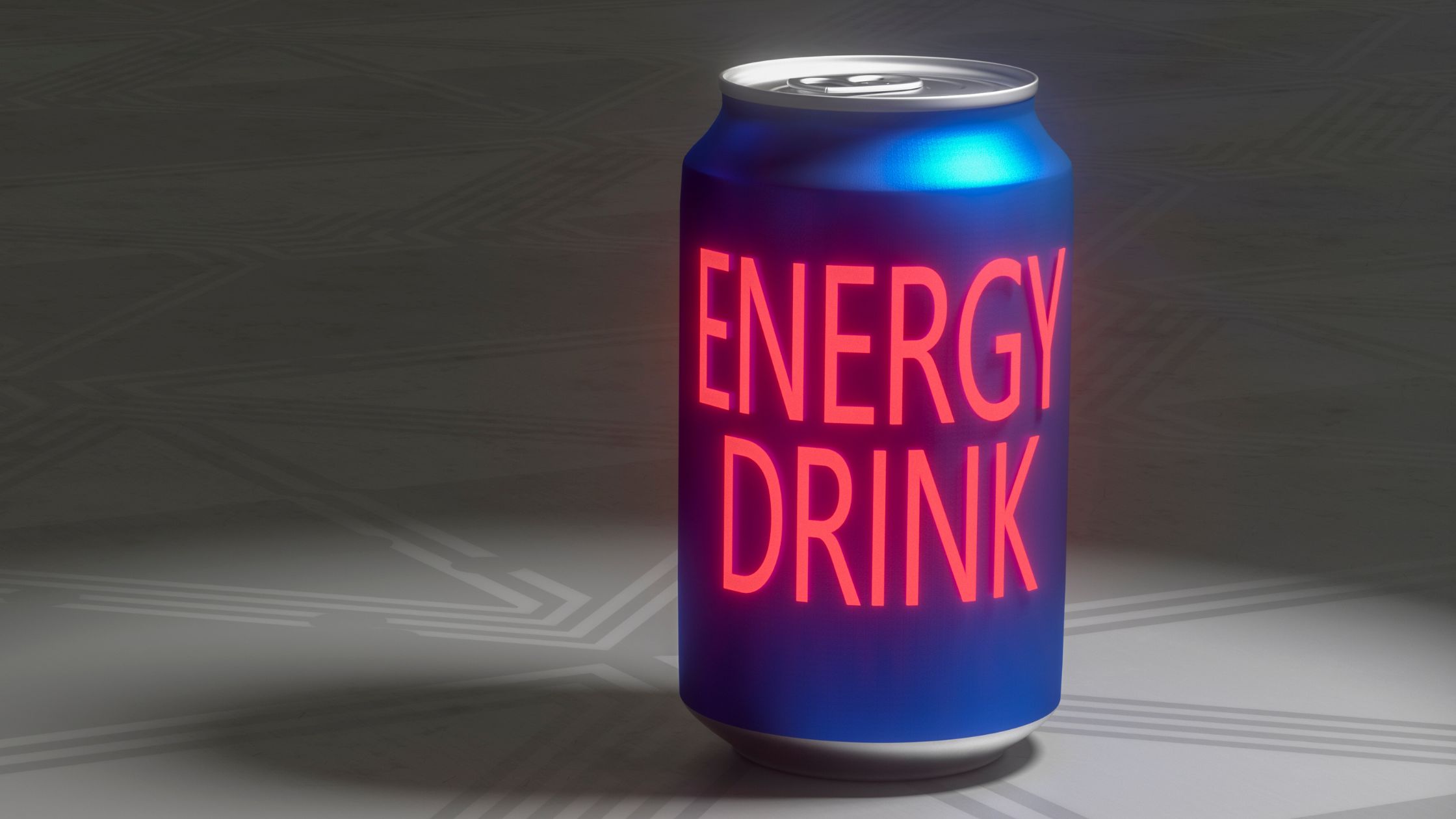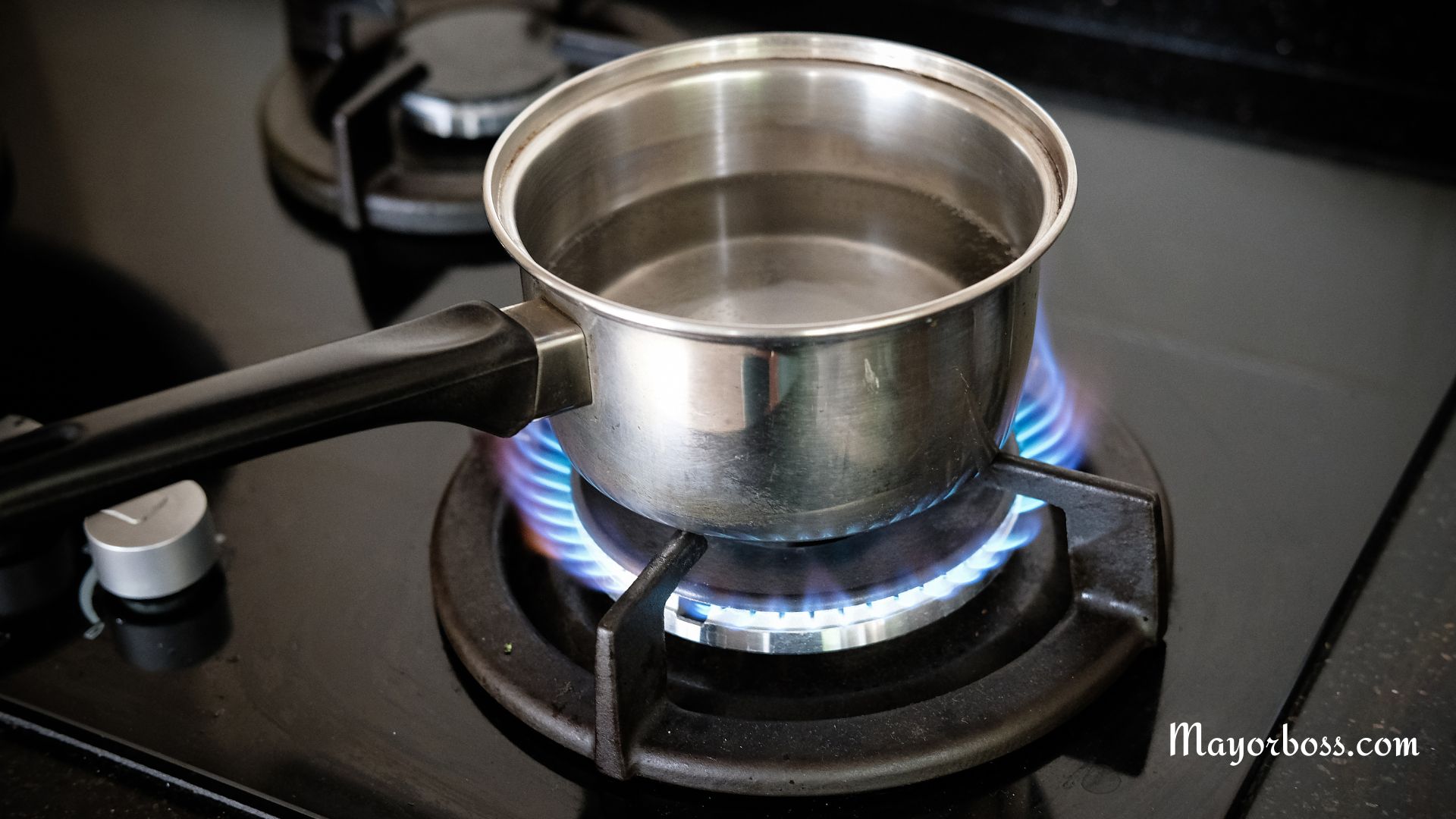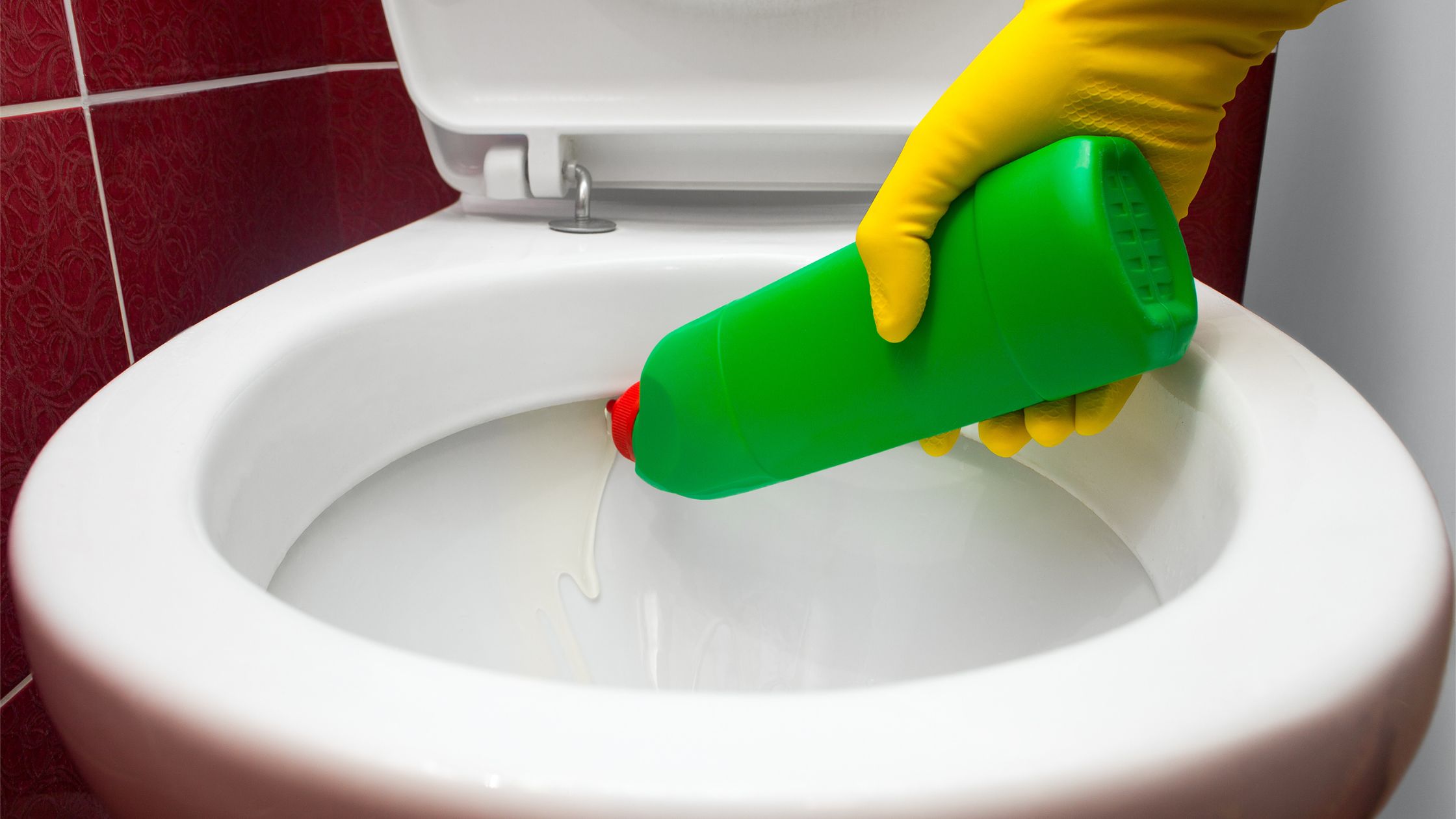How to Stop Urine from Smelling Like Ammonia
Urine that smells like ammonia is often a sign of dehydration, dietary factors, or a urinary tract infection. To stop your urine from smelling like ammonia, drink more water, adjust your diet, and seek medical advice if the odor persists.
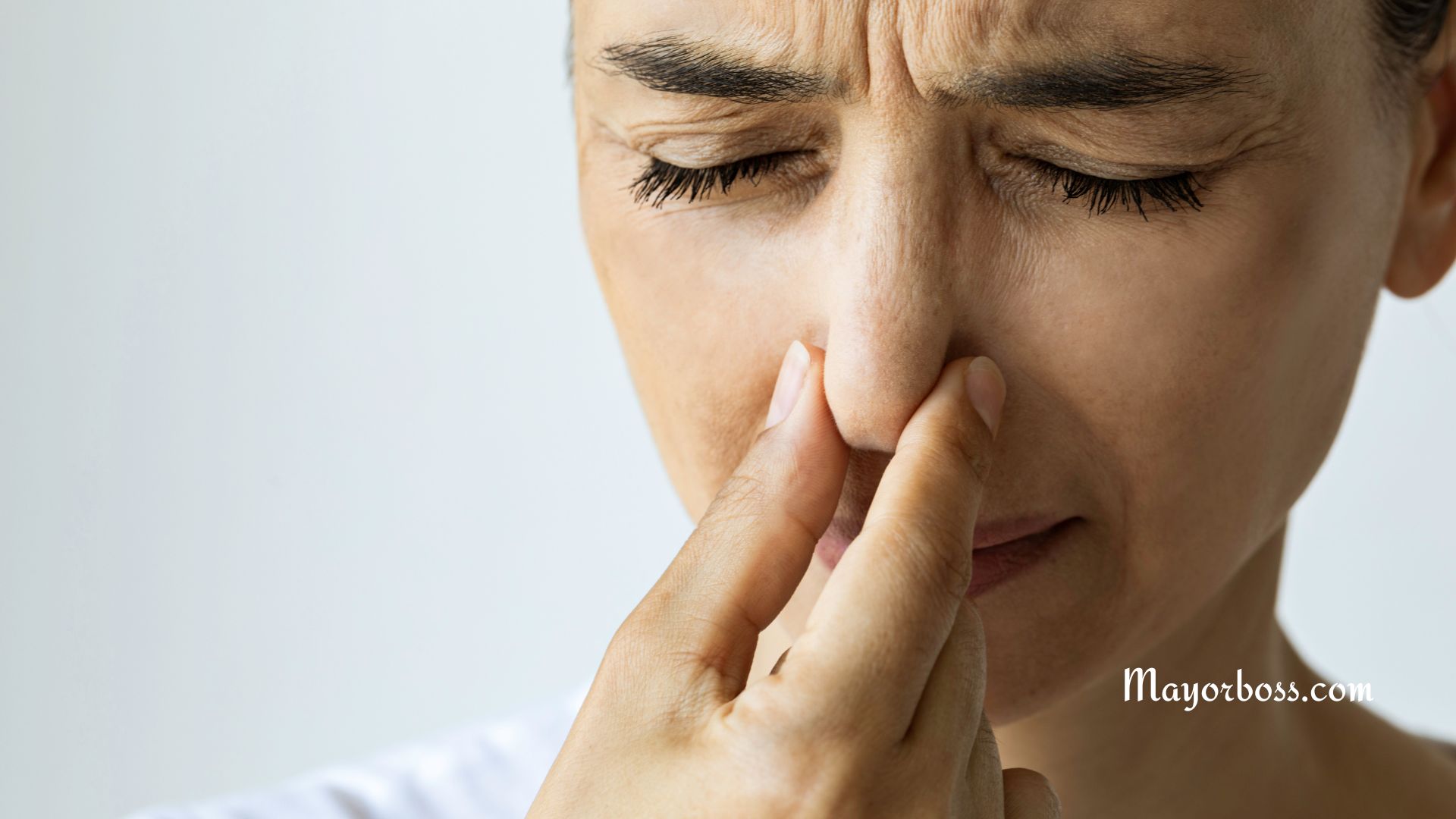
Have you ever noticed a strong, ammonia-like smell when you go to the bathroom? If so, you’re not alone. Many people are caught off guard when their urine has a pungent odor. This can be worrying, but the good news is that in most cases, you can take simple steps to address it.
What Causes Urine to Smell Like Ammonia?
Urine is your body’s way of getting rid of waste and extra water. Normally, it has a mild smell. When you notice a stronger, ammonia-like odor, it usually means that certain factors are at play:
Dehydration
When you don’t drink enough water, your urine becomes more concentrated. This means it contains less water and more waste products, including urea. As urea breaks down, it can produce ammonia, which creates a strong odor.1
Diet
Some foods and drinks can change how your urine smells. Foods high in protein, such as meat, fish, and eggs, contain nitrogen. When your body breaks down these foods, it produces more urea. This can make the ammonia smell stronger. Other foods, such as asparagus, coffee, and certain vitamins (especially B6), can also add unusual odors.
Infections
A urinary tract infection (UTI) can cause urine to smell foul or like ammonia. Bacteria in the urinary tract can break down urea, producing that sharp smell. Other symptoms may include burning, urgency, or discomfort when urinating.
Medical Conditions
Some health problems, like diabetes or liver disease, can change the way your urine smells. If you notice a strong odor along with other unusual symptoms, it may be a sign of an underlying health issue.2
Simple Steps to Stop Urine from Smelling Like Ammonia
If your urine smells like ammonia, you can often improve the situation by making small changes in your daily routine. Here’s what to do:
1. Drink More Water
The most common cause of ammonia-smelling urine is dehydration. Make sure you drink enough fluids throughout the day. Aim for about eight glasses of water, but your needs may vary based on your activity level, climate, and overall health.
When your urine is pale yellow or nearly clear, you are likely well-hydrated.
2. Review Your Diet
If you eat a lot of protein, try balancing your meals with more fruits and vegetables. These foods contain more water and fiber, which can help dilute your urine. If you recently started new vitamins or supplements, check if they might be the cause. Reducing or spacing out high-protein foods may help the odor fade.
3. Practice Good Bathroom Hygiene
Good personal hygiene can prevent bacteria from multiplying around the urethra, which might help reduce odor. Wipe from front to back, and avoid using heavily scented soaps that can irritate the skin.
4. Address Any Underlying Health Issues
If you have symptoms such as burning, frequent urges to urinate, fever, or lower abdominal pain, you may have a urinary tract infection. See your healthcare provider for an evaluation. Sometimes, urine odor can signal other problems, like diabetes, especially if the smell comes with excessive thirst, fatigue, or changes in urination patterns.
5. Avoid Holding Your Urine
Holding your urine for long periods can allow bacteria to grow and break down urea into ammonia, intensifying the smell. Go to the bathroom when you feel the urge.
6. Limit Certain Foods
If you notice the smell after eating foods such as asparagus, coffee, or onions, try reducing or avoiding them for a few days. See if the odor improves.
When to See a Doctor
Most of the time, urine odor is harmless and goes away when you drink more water or change your diet. However, you should contact your healthcare provider if:
- The odor lasts more than a few days despite changes in hydration and diet
- You experience pain, burning, or discomfort during urination
- Your urine is cloudy, pink, or red
- You have fever, chills, or back pain
- You have a history of kidney or bladder problems
Prevention Tips
- Drink plenty of water every day
- Eat a balanced diet with fruits and vegetables
- Urinate regularly and avoid holding it in
- Practice good personal hygiene
- Monitor any changes in your urine and discuss them with your doctor if they persist
Summary
Urine that smells like ammonia is often linked to dehydration or diet. Simple steps like drinking more water and eating a balanced diet can usually resolve the issue. If the smell continues or you develop other symptoms, consult a healthcare professional.
FAQs
1. Can vitamins make my urine smell like ammonia?
Yes. Some vitamins, especially B vitamins, can change the odor and color of urine, sometimes giving it an ammonia-like smell.
2. Does ammonia-smelling urine mean I have a kidney problem?
Not always. Dehydration or diet are the most common causes, but if the smell persists or you have other symptoms, speak to your doctor.
3. Is it safe to ignore urine odor if I feel fine?
If you feel well and have no other symptoms, a mild odor is usually not a concern. If it continues or new symptoms appear, get checked.
4. What color should healthy urine be?
Healthy urine is usually pale yellow. Dark or cloudy urine may signal dehydration or other problems.
5. What if drinking more water doesn’t help?
If increasing fluids doesn’t improve the odor, or if you have other symptoms, consult a healthcare professional for further evaluation.

